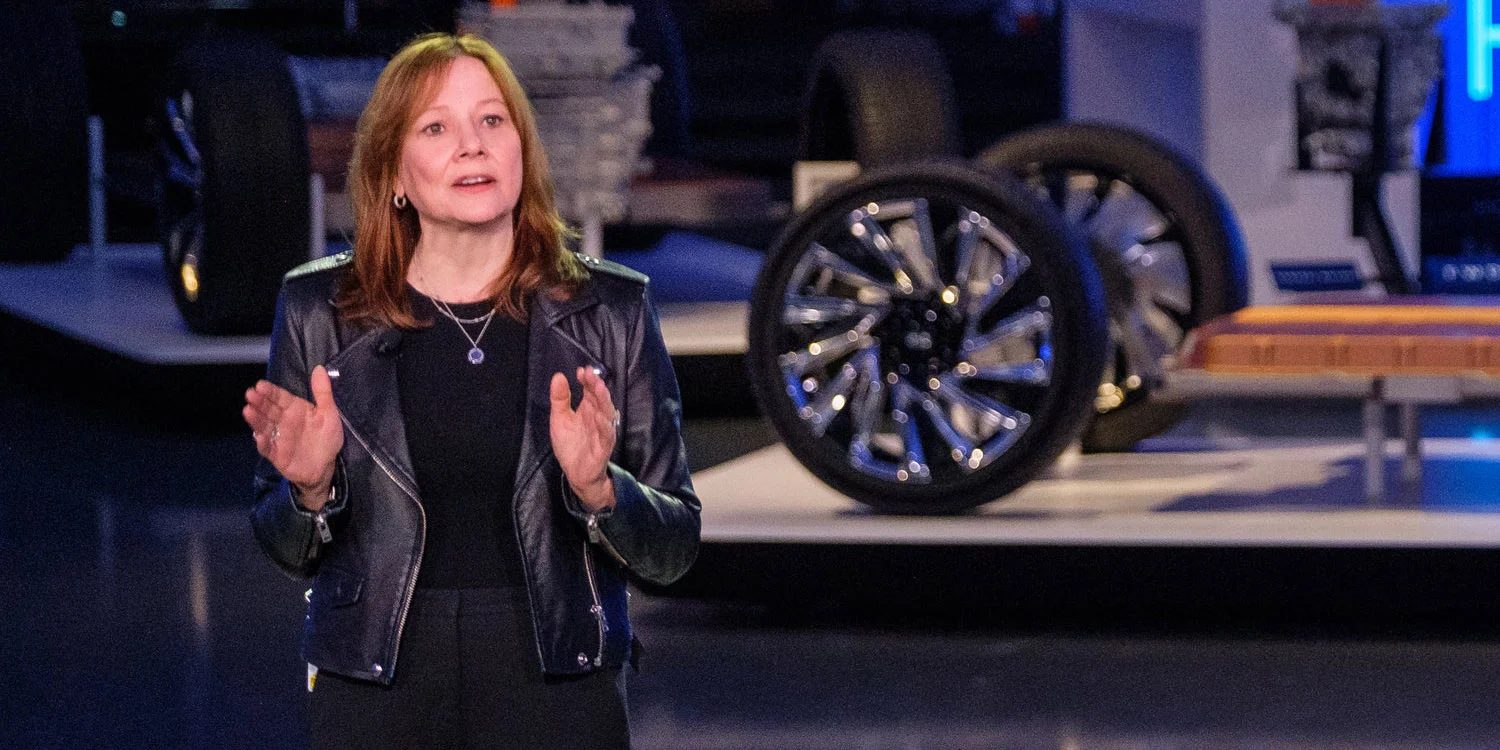We're skeptical, and properly so.
GM announced a new electrification plan earlier this month, claiming that by 2025, it will be the leading manufacturer of electric vehicles in the United States.
This involves buying Tesla, which now has a large lead over GM.
Mary Barra was asked about surpassing Tesla in a new interview on CNBC, and she said that they "definitely" will:
I'm at comfortable because when people get into these cars, they're impressed. So we'll continue launching them, and we'll keep working until we have the largest market share in EVs.
She's referring to GM's plan to offer 30 electric vehicle types by 2025.
It will start with the Hummer EV pickup truck at the end of the year.
GM is in urgent need of those new electric vehicles, as it presently has none on the market.
Although the Chevy Bolt EV and EUV are technically available for purchase, production has been limited since the LG battery cell problem was resolved.
It's fine to set high ideals, but it's difficult to assume that GM will be able to catch up to Tesla in just four years.
To start with, Tesla is already well ahead of the competition. Second, it's a moving target that's getting faster.
To believe, as Barra claims, that GM can catch up to Tesla in four years, you must believe that GM will catch up to Tesla in the next two years and then accelerate faster than Tesla in the next two years.
Personally, I don't see that happening, but I respect their efforts. It's better to working against electric vehicles, like Barra did during Trump's presidency.
By 2025, I believe GM will have more EV models available than Tesla, but volume will be difficult to match.
If the current proposal to modify the federal EV incentive passes, GM will gain a minor advantage because to the significant benefit they are offering to EVs produced in union factories.
But even that won't be enough, given how Tesla now leads the US market despite the lack of a federal incentive.
If GM wants a chance to catch up to Tesla, it must be willing to give up its internal combustion engine industry and spend all of its resources to mass-producing electric cars.





0 Comments